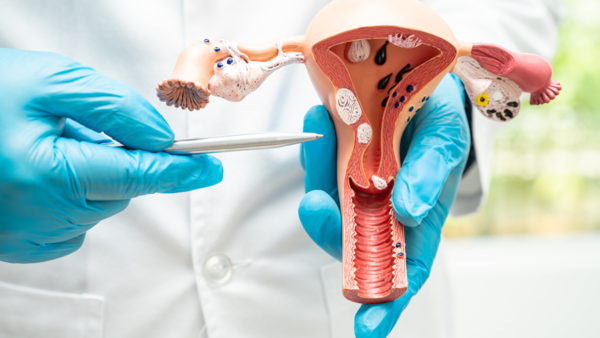Regular Screening and Vaccination:
Regular Pap smears and HPV vaccinations are fundamental in preventing cervical cancer.Early detection of any abnormal changes in the cervix by screening enables prompt action. The most prevalent strains of the virus that are known to cause cervical cancer are protected against by the HPV vaccination.
Practicing Safe Sex:
The risk of acquiring HPV and other STDs linked to cervical cancer can be decreased by limiting the number of sexual partners and regularly utilizing barrier techniques, such as condoms.
Healthy Diet:
A nutritious diet rich in fruits, vegetables, and whole grains provides essential vitamins and antioxidants that support a robust immune system. A strong immune system is better equipped to combat infections, including HPV.

Tobacco Cessation:
There is evidence that smoking raises the risk of cervical cancer. Giving up smoking lowers the risk of this cancer as well as improving general health and preventing the development of other cancers.
Maintaining a Healthy Weight:
There is a link between obesity and an increased risk of cervical cancer. A healthy weight can be attained and maintained with the help of a balanced diet and regular exercise, which lowers the risk of acquiring cervical cancer.
Stress Management:
Prolonged stress impairs immunity, increasing the body’s susceptibility to illnesses. Engaging in stress-reduction practices like yoga, meditation, or deep breathing exercises can improve immune system performance and general health.
Limiting Alcohol Consumption: An elevated risk of cervical cancer has been associated with excessive alcohol drinking. A healthier lifestyle can be achieved by reducing or giving up alcohol entirely.
(Author Credits: Dr Archana Pathak, Director – Department of Obstetrics & Gynaecology at the CK Birla Hospital (R), Delhi)
Why should one not ignore flu? What are the severe risks associated with it?

